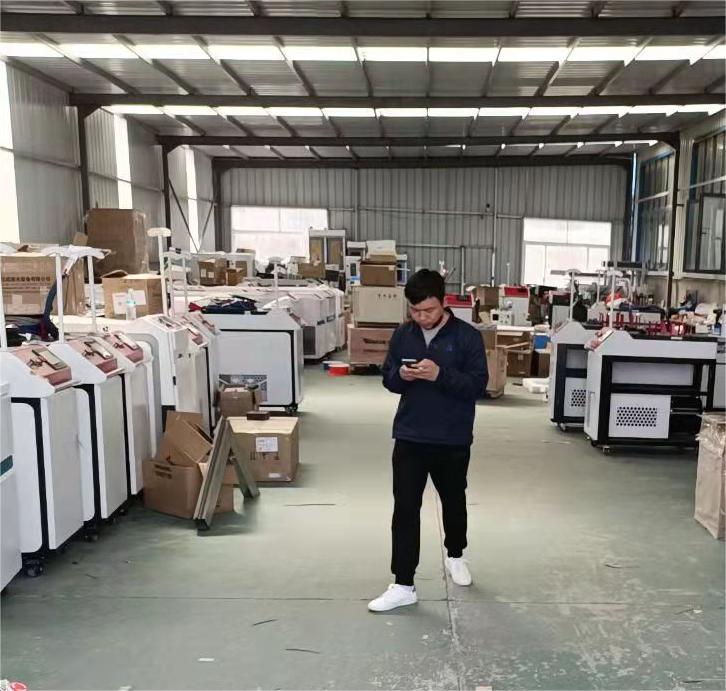
Laser technology has become an integral part of modern manufacturing processes, revolutionizing various industries with its precision and versatility. A laser, or “light amplification by stimulated emission of radiation,” is a device that emits coherent and focused light through a process of stimulated emission. In manufacturing, lasers are used for laser cutting, laser welding, laser engraving and marking materials with extremely high precision.
One of the main applications of lasers in manufacturing is laser cutting. The process involves using a laser beam to precisely cut metal, cutting materials such as plastics and composites. A focused, high-energy laser beam can achieve complex shapes and sharp edges, making it ideal for applications where precision is critical. Laser cutting is widely used in the automotive, aerospace and electronics industries to manufacture parts with tight tolerances.
In addition, lasers are widely used in welding processes. Laser welding has significant advantages over traditional welding methods, including minimal heat-affected zones and reduced deformation of the welded material. This makes it particularly valuable when joining thin and delicate materials, where maintaining material properties is crucial. The control and concentrated energy of lasers enable manufacturers to achieve high-quality welds with greater efficiency, thereby contributing to the overall advancement of manufacturing technology.
In summary, lasers have become an indispensable tool in manufacturing, playing a key role in shaping the way materials are processed and manufactured. From precision cutting to complex welding, laser applications in manufacturing are diverse and expanding. As technology advances, lasers are likely to continue to be at the forefront of innovation, driving improvements in manufacturing efficiency, quality and overall capabilities.
